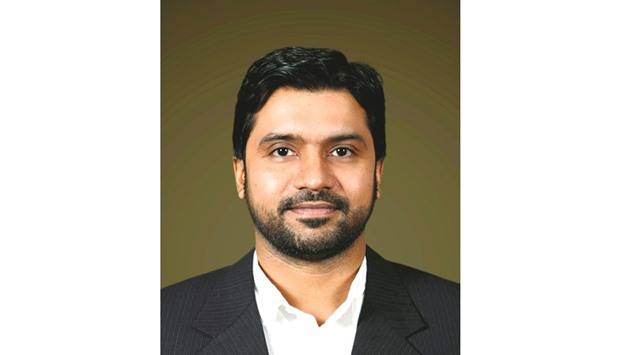The World Innovation Summit for Health (WISH), a global initiative of Qatar Foundation for Education, Science and Community Development, has selected the 20 winners of its Innovation Showcases competition who will take part in the upcoming WISH summit to be held in Doha on November 29 and 30.
The Innovation Showcases at WISH provides a platform for young entrepreneurs to exhibit their innovations in the presence of some of the world’s leading health experts and policy makers.The aspiring healthcare leaders, who are all under the age of 30, will be given a chance to demonstrate their projects – ranging from practical devices and business models, to design-based solutions – to over 1,000 global experts at the summit.
Artificial intelligence engines to 3D printing technologies are just some of the winners of this year’s WISH Innovation Showcases competition. Among the competitors, Mohamed Imran will be displaying a system called Artificial Intelligence for Digital Response (AIDR). In collaboration with Unicef, the system filters and classifies social media messages related to emergencies, disasters, and humanitarian crises.
Imran stated that the increased use of mobile technologies and the proliferation of social media sites generate a huge influx of big user-generated data. “At Qatar Computing Research Institute, my team and I have developed novel computational techniques and technologies, which can help gain insightful and actionable information from online sources to enable rapid decision-making. We have developed AIDR, which combines human intelligence with machine learning techniques, to solve many real-world challenges during mass emergencies and health issues,” he said.
Egbert Schillings, chief executive officer of WISH, said: “At WISH, we recognise that innovation in healthcare can take many forms, from meshing big data and design thinking to reducing infections to personalising medicine based on a patient’s genomic profile. What connects all of our Innovation Showcases though is that they create value for patients because of their potential to improve quality while reducing costs at the same time.”

Mohamed Imran
